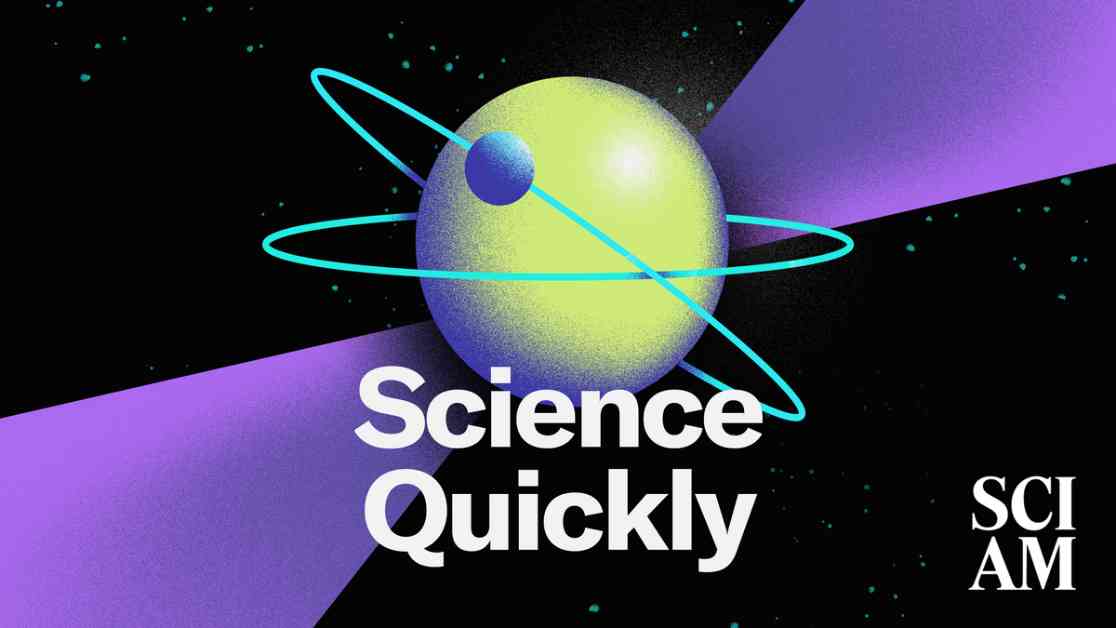Astrology, a topic often associated with mysticism and pseudoscience in today’s world, actually had a significant role in medieval society. Larisa Grollemond, assistant curator at the Getty Museum in Los Angeles, curated an exhibit called Rising Signs: The Medieval Science of Astrology, shedding light on the historical significance of astrology.
In medieval Europe, astrology was not just a form of entertainment; it was deeply integrated into daily life. People used astrology to make medical decisions, predict the future, and even plan their daily activities based on the zodiac signs and constellations. Astrology served as a timekeeping device, influencing how people experienced time and made decisions.
Astrology in the Middle Ages was closely tied to astronomy, with many seeing it as a legitimate science. Educated individuals, including scholars and those in university settings, studied astrology as a way to interpret celestial movements and their effects on earthly events. Books from the late 15th and early 16th centuries provided practical advice based on astrological principles, such as dietary recommendations and medical treatments tailored to an individual’s astrological sign.
While astrology in the Middle Ages was more focused on seasonal influences rather than personal traits, the concept of humoral balance emerged towards the end of the period. This idea linked an individual’s astrological sign to their bodily fluids and personal characteristics, influencing medical treatments and dietary choices.
The separation of astrology from astronomy began to occur over several centuries, with a significant divide emerging during the Enlightenment in the 17th and 18th centuries. However, astrology and astronomy remained closely connected, with astrologers today possessing a strong understanding of astronomical principles.
Through exhibitions like Rising Signs, Grollemond aims to bridge the gap between the historical importance of astrology and its relevance in contemporary society. By understanding the universal human desire to seek answers and connection with the universe, people can find common ground with medieval thinkers who also looked to the stars for guidance.
The exhibit offers a unique opportunity to explore the visual history of astrology and its impact on medieval culture. By engaging with medieval astrology, visitors can not only appreciate the similarities between past and present beliefs but also gain a deeper understanding of the human quest for meaning and connection across time.
If you’re in the Los Angeles area before January 5, be sure to visit Rising Signs: The Medieval Science of Astrology at the Getty Center. The exhibit promises to provide insights into the enduring influence of astrology on society and the human experience.




